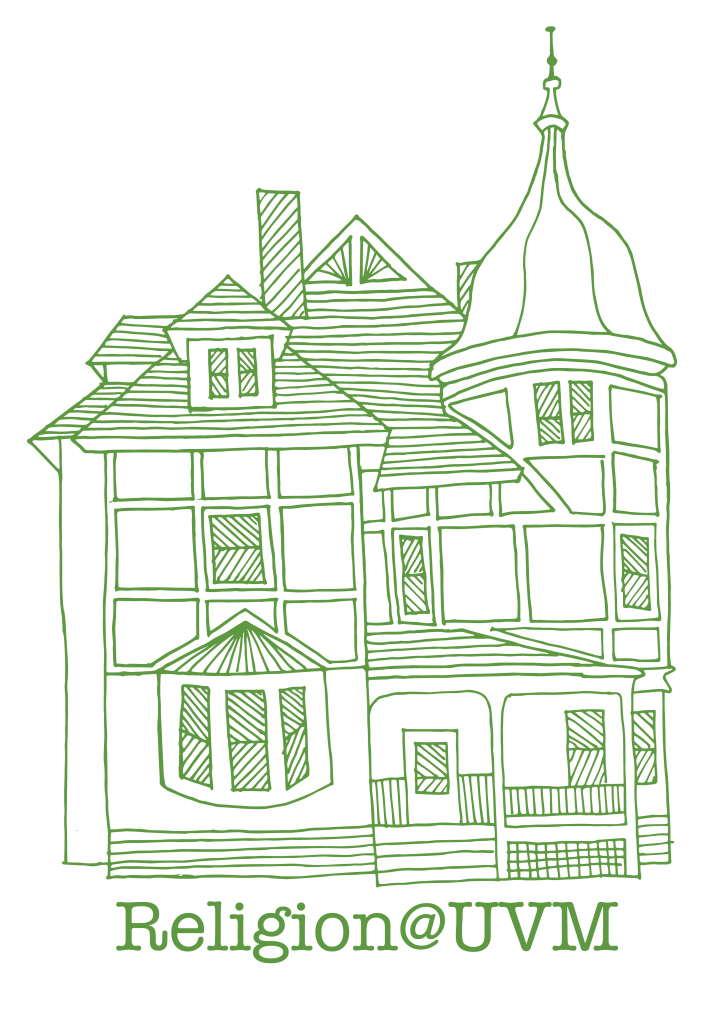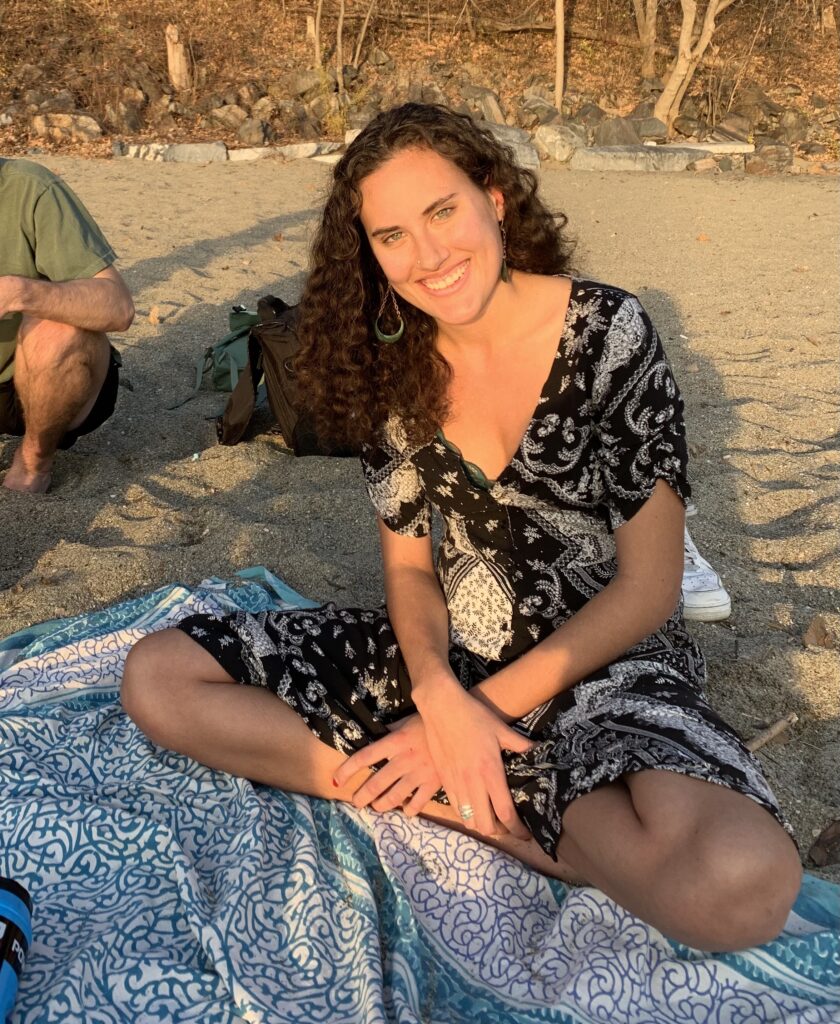Challenging yourself to think differently comes with the territory of being a religion major: regular unlearning, relearning, and the instability of every question having “yes and no” be the answer have prepared me for anything.
– katherine brennan ’21
Why did you major in Religion?
I majored in Religion because I found the study of religion to be the most inclusive, well-rounded, and comprehensive academic study at the University of Vermont. A religion class delivers the full package: you get to learn about cultures, societies, laws, imperialism, colonialism, politics, religions, people, and more – and you get to unlearn all the harmful things ingrained by society.
Where do you imagine yourself in 10 years?
In 10 years, I hope to use the knowledge I gained from the religion department and will gain from my upcoming graduate studies to apply religious literacy to the international legal sphere. I want to make a difference for religious minorities at home and abroad through navigating legal systems.
Imagine a first-year student has asked your advice about REL courses. What’s the one she shouldn’t dream about missing? Why?
My advice to first-year students about REL courses is to take as many as you can. The religion professors are the best of the best, and their one-on-one guidance, expertise, and dedication to both you and their scholarship make the religion program unique. REL courses are meant to force you to unlearn harmful stereotypes, misunderstandings, and false information. You will be challenged: not only academically, but also to be a better person. It’s definitely worth it!
If you could write any book, what would it be?
If I could write any book, I would write a book about (no surprise?!) the ways in which French laws, culture, and politics impact religious minorities in France.
Any fond memories of 481 Main Street you want to share?
My first year, every time I passed 481 Main, I commented on how beautiful the building was. At the time, I had no idea that it housed the religion department- but it was by far my favorite building on campus. When I first went to Professor Morgenstein Fuerst’s office hours at 481 Main to discuss changing my major to Religion, it felt like it was simply meant to be. Since I changed my major four years ago, I’ve spent as much time at 481 Main as possible. The building quickly became more than just outwardly beautiful, because it also became the location of some of the most academically and personally challenging and rewarding moments of my undergraduate career. I will miss 481 Main, and everyone in it!
You’re finishing up in the midst of the COVID-19 pandemic. Tell us something about that experience—bonus points for including religion or the Religion Department as a way to think about it!
Finishing college in the midst of a pandemic is not exactly how I pictured everything playing out. However, if there is anything I’ve learned from religious studies it’s that people, cultures, and societies adapt. Religions are constantly changing because people are constantly changing, and part of my work as a scholar of religion has particularly prepared me for change and adaptation. Religion is what people do, and people are as unpredictable as a sudden global pandemic. Challenging yourself to think differently comes with the territory of being a religion major: regular unlearning, relearning, and the instability of every question having “yes and no” be the answer have prepared me for anything. Not to mention, adapting to thinking burdened by the loss of in-person instruction, loss of social activities, and being unable to do the things I’d like to do is reminiscent of the adaptability required of religious minorities burdened by imperialism, for example. With my privilege I do this work, despite the circumstances, and hopefully one day I can make positive change in the world.



